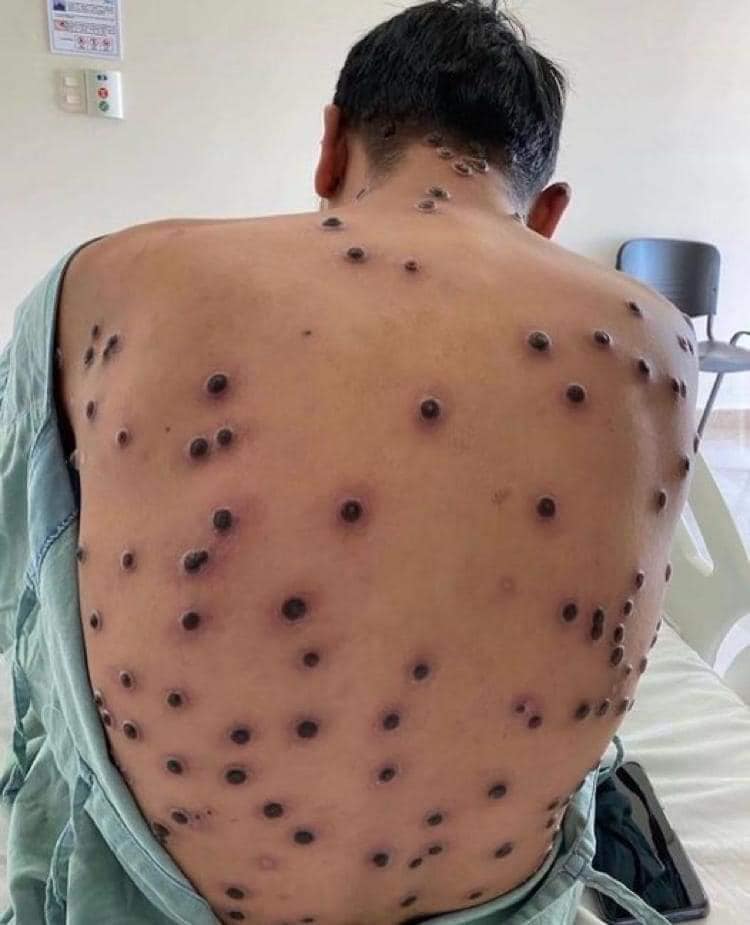
Do’s:
Isolate Yourself: Stay in a separate room and avoid contact with others, including pets, to prevent the virus from spreading.
Seek Medical Attention: Consult a healthcare provider for proper guidance on treatment and care.
Maintain Hygiene: Frequently wash your hands with soap and water or use an alcohol-based sanitizer, especially after touching any lesions.
Cover Your Lesions: Use bandages or clothing to cover any rashes or lesions to minimize the risk of transmission.
Use Disposable Items: Utilize disposable gloves, tissues, and utensils, and ensure they are properly discarded after use.
Disinfect Regularly: Clean and disinfect surfaces, bedding, and other objects that you come into contact with frequently.
Rest and Stay Hydrated: Ensure you get ample rest and drink plenty of fluids to help your immune system during recovery.
Inform Close Contacts: Notify anyone you have been in close contact with so they can monitor themselves for symptoms.
Monitor Your Symptoms: Keep track of your symptoms and report any changes to your healthcare provider.
Practice Respiratory Hygiene: Wear a mask around others and cover your mouth and nose when coughing or sneezing.
Don’ts:
Don’t Ignore Symptoms: Pay attention to symptoms like fever, rash, or swollen lymph nodes. Early diagnosis is crucial.
Avoid Close Contact: Refrain from physical contact, including sexual activity, until you are fully recovered and cleared by a healthcare provider.
Don’t Touch Lesions: Avoid scratching or touching the rash or lesions to prevent the virus from spreading.
Don’t Share Personal Items: Do not share items such as clothing, bedding, towels, or utensils, as the virus can be transmitted through contaminated objects.
Avoid Traveling: Stay home and refrain from traveling until your healthcare provider confirms that you are no longer contagious.
Don’t Use Unapproved Treatments: Avoid using unprescribed medications or home remedies without consulting a healthcare provider.
Don’t Delay Isolation: Begin isolating as soon as you suspect you may have monkeypox, even before you receive a formal diagnosis.
Don’t Neglect Mental Health: Be mindful of stress and anxiety. Seek support from mental health professionals if needed.
Avoid Public Places: Stay away from work, school, or other public places to prevent exposing others.
Don’t Panic: Stay informed and follow your healthcare provider’s advice, but avoid unnecessary panic. While monkeypox is usually mild and treatable, it’s important to stay vigilant.
By following these guidelines, you can help manage the symptoms and reduce the spread of monkeypox, ensuring a smoother recovery for yourself and protecting those around you.